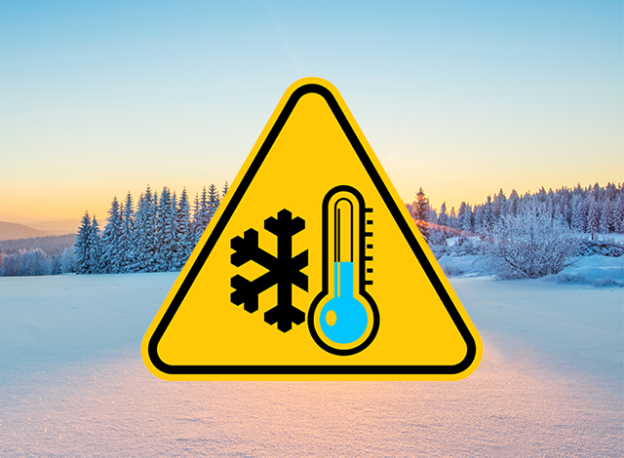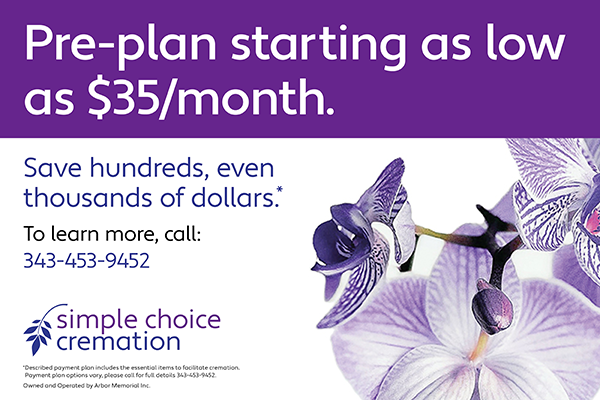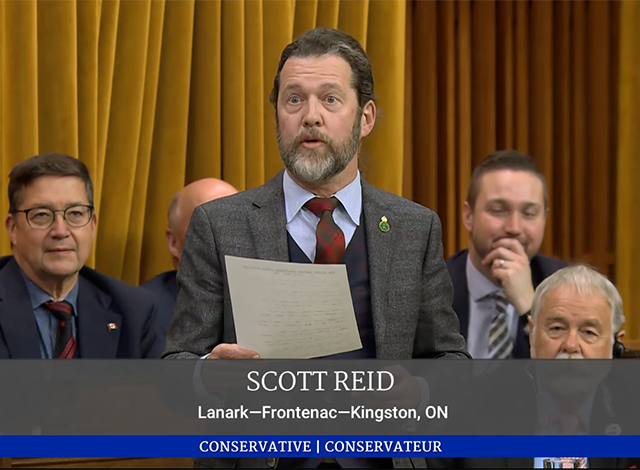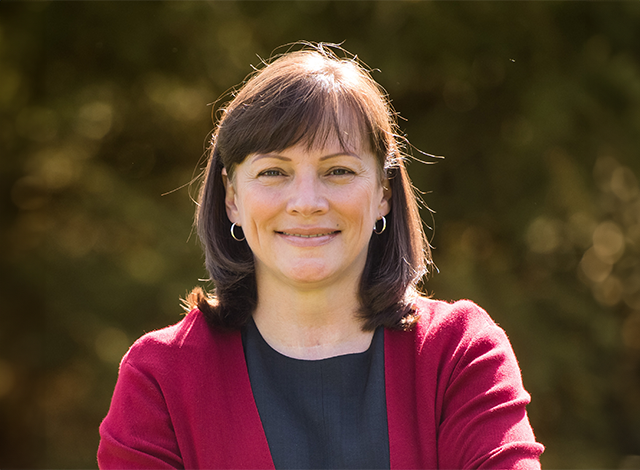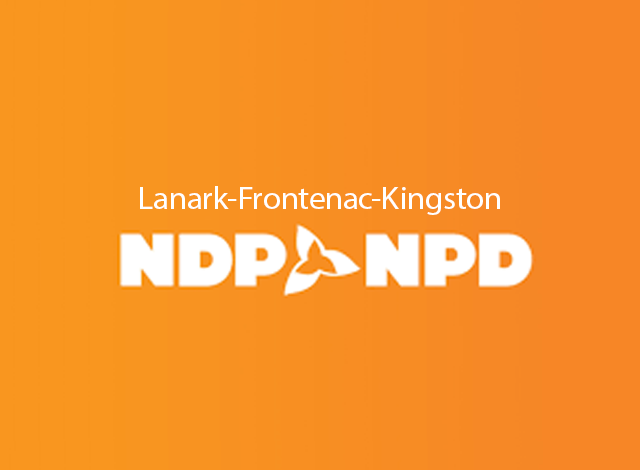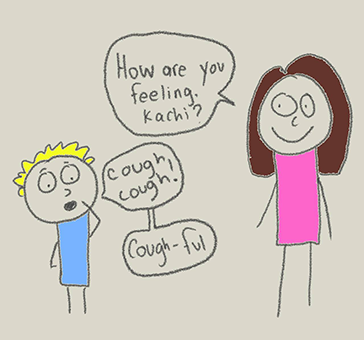The Leeds Grenville and Lanark District Health Unit (LGLDHU) would like to advise everyone to take appropriate precautions over the next few days as temperatures are expected to be extremely cold. Environment Canada is anticipating that a strong cold front will produce wind chills value of minus 40C to minus 45C.
Cold weather can cause very serious health conditions and even death. Unprotected skin can freeze in as little as 10–30 minutes, and the risk of developing hypothermia is high. During very cold weather, everyone is at risk; however people experiencing homelessness, the elderly, infants and children, people taking certain prescription medications, people with certain pre-existing health conditions, outdoor workers, winter activity enthusiasts, and people living in homes that are poorly insulated (without heat or power) are in greater danger. During these cold temperatures, the Health Unit strongly encourages the public to check on family members, neighbours, or friends who may be isolated, disabled, living alone, or without sufficient shelter. During cold weather everyone should take the following precautions:
- Wear layers of warm dry clothing including a hat and mitts, to block the wind.
- Drink warm, non-alcoholic, non-caffeinated beverages.
- Cover exposed skin surfaces when outdoors.
- Maintain a heated environment of around 20°C/68°F.
- Check for local warming centres or shelters in your community.
- Be aware of how your medications or health conditions may increase your risk.
- Be aware of the early signs of frostbite and hypothermia.
- Be aware of the dangers of using an oven or space heater as a heating device.
- Keep a winter driving survival kit in your vehicle and be sure to check the weather and road conditions before you travel.
For more information on how to protect yourself during extreme cold please see the Health Canada Wind Chill Index webpage, our Exposure to Hot/Cold Temperatures webpage and our Cold Weather Injuries factsheet.
Connect with us on Facebook and follow @LGLHealthUnit on Twitter for important public health updates. You can also call 1-800-660-5853 with any questions.





